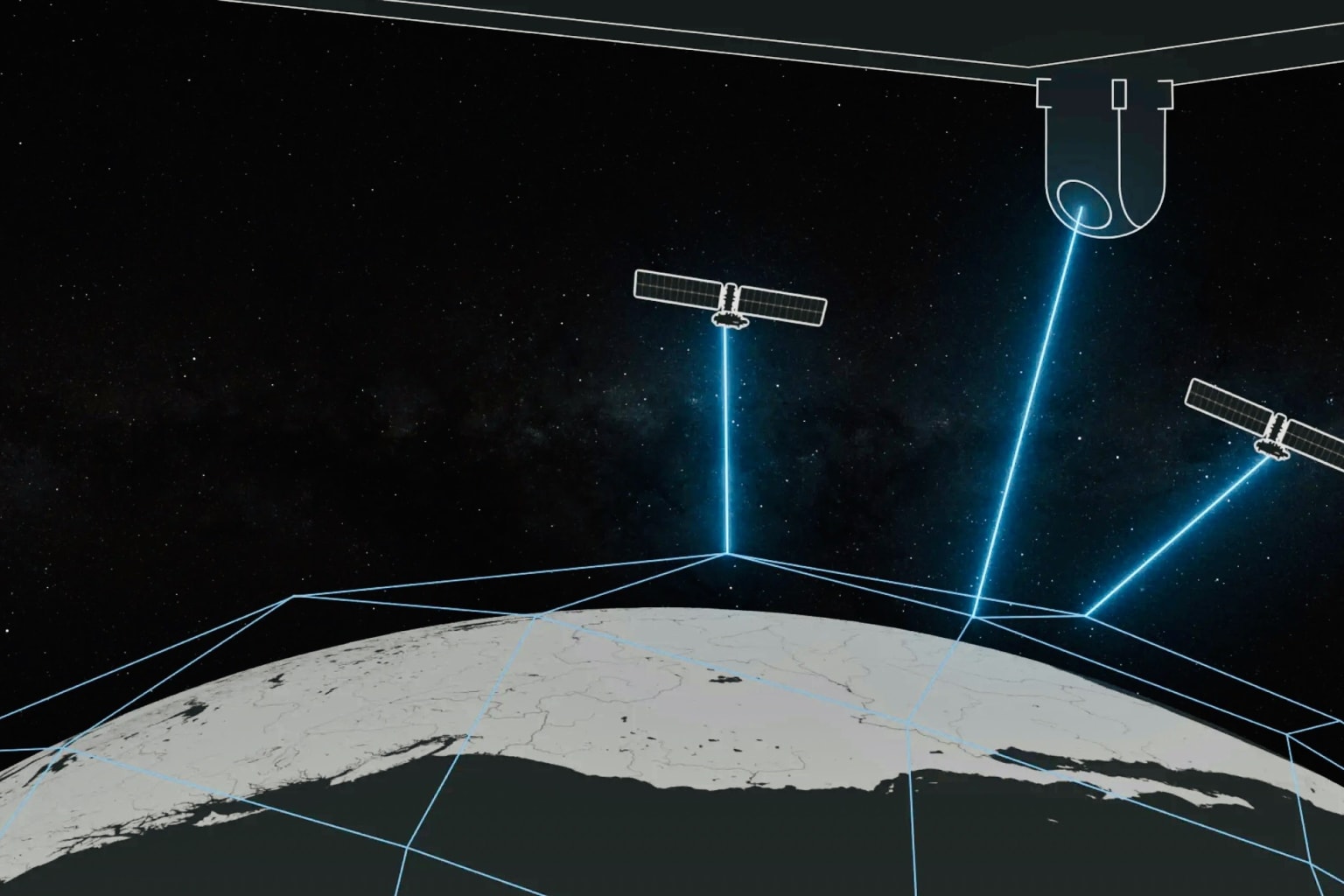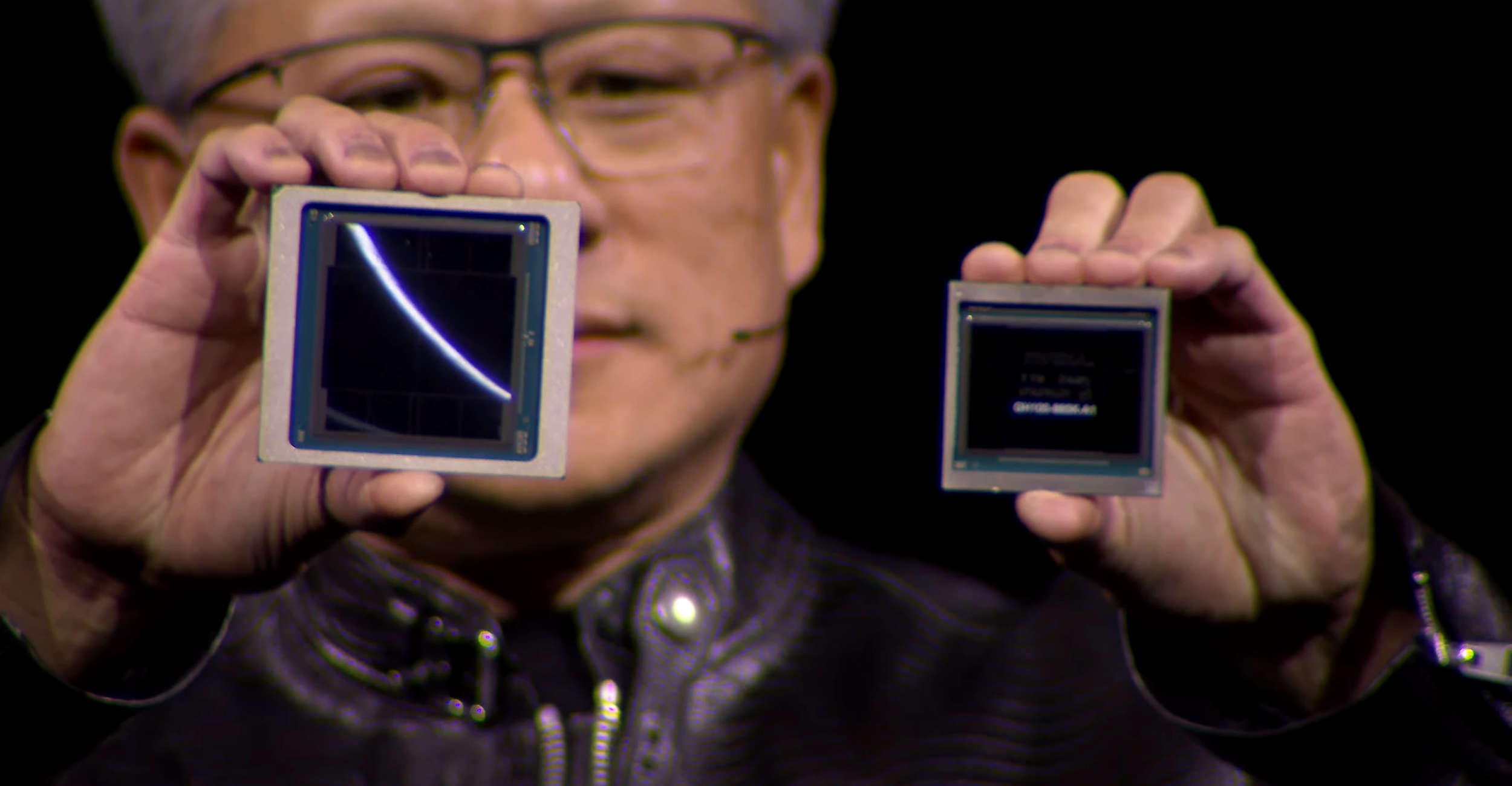Elon Musk and SpaceX are facing mounting pressure from U.S. lawmakers to provide the company's Starshield satellite communication services to American military personnel stationed in Taiwan. This demand stems from growing concerns over Taiwan's security amid rising tensions with China.
The House China Committee, led by Rep. Mike Gallagher, has formally requested that Musk ensure U.S. troops in Taiwan can access Starshield, SpaceX's network designed specifically for military use. This urgent request follows a visit by Gallagher and a delegation of lawmakers to Taiwan, where they discussed communication vulnerabilities with officials including President Tsai Ing-wen. The delegation emphasized Taiwan's susceptibility to Chinese actions severing undersea cables that connect the island to the global internet.
Starshield leverages a network of low-Earth orbit satellites to deliver secure communications and observational capabilities tailored for military operations. The Pentagon awarded SpaceX a one-year Starshield contract in September 2022, with expectations of global service coverage. Lawmakers argue that withholding Starshield services in Taiwan could constitute a breach of SpaceX's contractual obligations with the U.S. government.
The situation is further complicated by Musk's business ties with China, including significant revenue for Tesla from Chinese operations. Musk's previous controversial comments describing Taiwan as an "integral part of China" have also sparked backlash in Taiwan, raising doubts about his willingness to support U.S. military activities in the region.
With tensions escalating, lawmakers emphasize the urgent need for Starshield services to ensure uninterrupted, resilient communications for U.S. forces stationed in Taiwan. As Chinese military provocations continue, access to SpaceX's secure satellite network could prove critical in maintaining readiness and coordination for American troops.
SpaceX is yet to publicly respond to the lawmakers' formal request. The issue highlights the complex geopolitical dynamics surrounding Taiwan, underscoring the island's strategic importance amidst U.S.-China rivalry. It also demonstrates the growing role of satellite communication capabilities in modern warfare and national security.
As a rising superpower vying for regional dominance, China views Taiwan as a breakaway province to be reunified, by force if necessary. The U.S. is treaty-bound to provide Taiwan with defensive arms and maintains strategic ambiguity on whether it would militarily intervene. This delicate balancing act is being tested as China escalates military and economic pressure on Taiwan.
With stakes rising, U.S. lawmakers are pulling all levers to strengthen Taiwan's security, communication networks and military readiness. But Musk's business entanglements complicate matters, despite Starshield's huge potential strategic value for U.S. forces in Taiwan. This high-stakes technology access issue sits at the intersection of national security, geopolitics and corporate interests.

The ball is now in Musk's court to respond to the lawmakers' demands. As the world watches apprehensively, Musk faces a critical test - will he side with U.S. security interests amidst Taiwan tensions, or abstain given China's importance to Tesla? His decision could significantly impact military readiness in the Taiwan Strait.
This high-profile scrutiny underscores how Starshield, though currently small in scale, is strategically poised to shape geopolitics and warfare in space and on Earth. With technology increasingly intertwined with global security, lawmakers are asserting the need to align commercial satellite capabilities with national defense priorities.
But placing public duties on private space companies also raises complex questions about autonomy and the commercialization of space. As the final frontier becomes more congested and contested, how these tensions are balanced could determine who ultimately controls the future of space.











